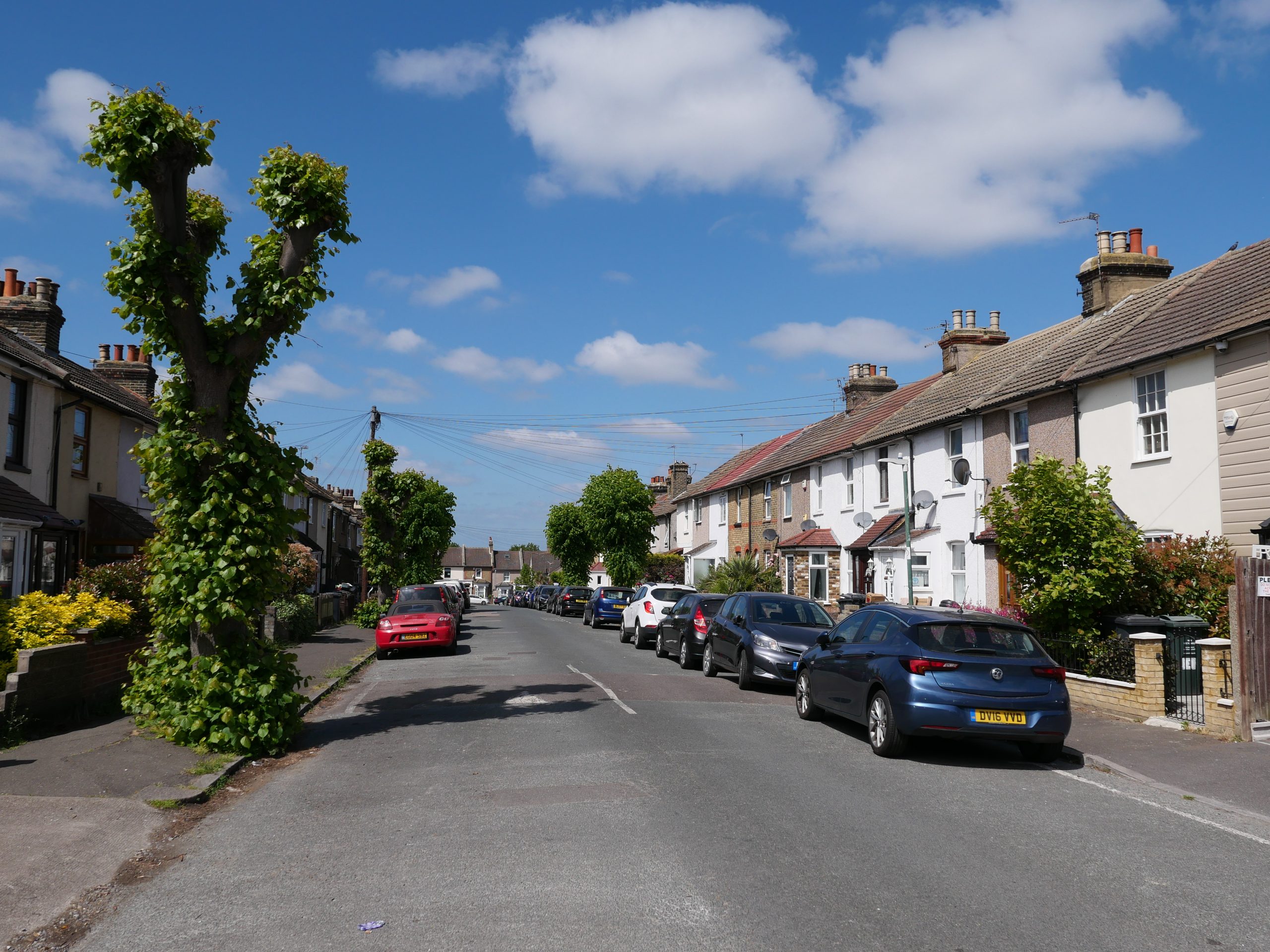In the local elections of 1 May 2025 the far-right Reform UK party gained control of 10 local authorities across Britain, including Kent County Council, which recorded the largest political swing of all. The town of Dartford, for instance, that has served as a political “bellwether” over many decades, saw a dramatic switch from Labour to Reform. The failure of “mainstream” politicians to challenge anti-migrant propaganda, and in many cases merely emulate it, has given unprecedented credence to racism and ethnic chauvinism, as community after community have fallen under the control of a new cadre of extreme right-wing politicians. The political endgame here is “re-migration” — a term that now resonates across many European countries — based on the expulsion of people of colour from “authentic” white-dominated British communities.
It is instructive that Reform has initiated a political alliance with the TUV (Traditional Unionist Voice) in Northern Ireland as part of a broader strategy to advance xenophobic politics across the whole of the UK. The TUV is implacably opposed to the Good Friday Northern Ireland Agreement of 1998 and won the 2024 parliamentary election for North Antrim where migrants in Ballymena and elsewhere are being harassed and firebombed out of their homes under what can only be described as ethnic cleansing taking place on the streets of the United Kingdom. Thus far these events have received limited media interest (Channel 4 News being an important exception) and have barely featured within national politics.
In the local elections of 2006, the far-right British National Party, whose political programme included exiting the European Union, elected 12 councillors in Barking, east London. The local Labour Party mobilized very effectively against the threat, and in the local elections of 2010 the BNP was vanquished from its temporary powerbase. Where is the parallel political campaign now to see off the far-right threat across Britain? Why the timidity and ineptitude of the new Labour government in the face of real and growing racist threats to society? Why has the anti-migrant rhetoric of the far right been increasingly adopted across the political spectrum, thereby paving the way for further political gains for extremist voices in society?
